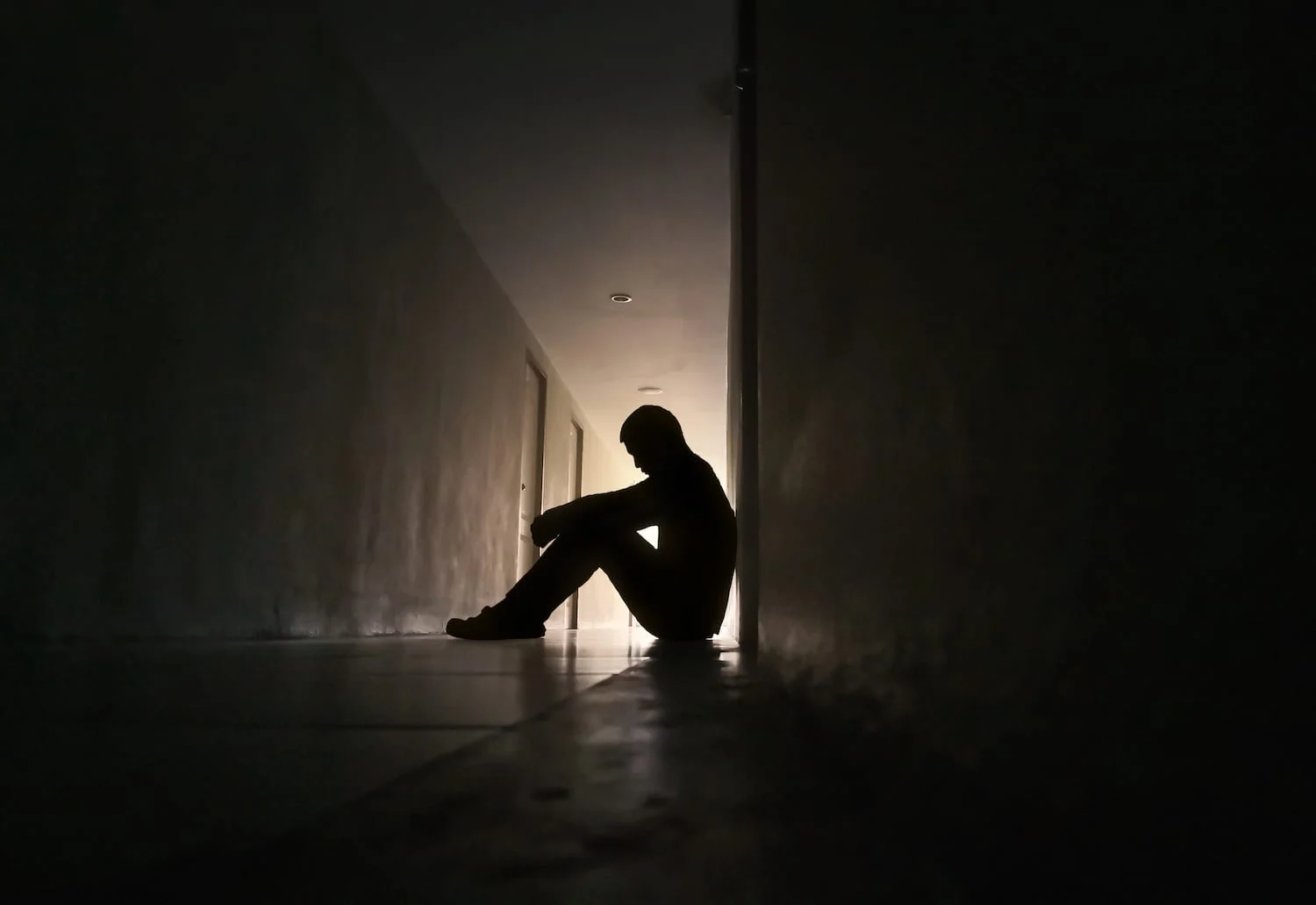Are you worried about the risks of depression caused by the night shift? Behavioral risk factors, sleep quality, and Circadian misalignment are all important factors to consider. But there’s more to it than that. Read on to learn about the signs and symptoms of depression, as well as the causes and treatment options available. Also, keep reading for some tips on how to prevent depression caused by the night shift.
Circadian Misalignment
Circadian misalignment occurs in many contexts, some of which are temporary while others are chronic. Examples of these are shift work and social jet lag. Chronic misalignment of the day/night rhythm may also lead to clinical conditions such as depression and insomnia. This article will describe the risks associated with various types of circadian misalignment and how they might affect your health.
The effects of circadian misalignment on mood are profound. Several studies have linked shift workers to increased risks of depression. One study looked at a group of shift workers and their effects on depression and other mental health disorders. The researchers found that shift workers were more likely to develop depression and other mood disorders. A recent study in the journal PLOS ONE found a link between shift work and a greater risk for depression.
Behavioral Risk Factors
A new study has assessed the association between maternal night shift work and the risk of depression in offspring. The researchers used data from two cohort studies: the Nurses’ Health Study II and the Growing Up Today Study 2. The research looked at offspring’s self-reports of depression, anxiety, and other depressive symptoms. The researchers measured depression using the Center for Epidemiologic Studies Depression Scale.
The study also examined the financial concerns of shift workers. Most shift workers are employed for irregular hours with low wages, and few own their own cars, so they struggle to pay for public transportation. Additionally, shift workers have an increased risk of developing depression. However, workplace health promotion programs can reduce their risk of developing poor mental health. These programs have many benefits. The study’s findings suggest that employers should offer health promotion programs for shift workers.
Sleep Quality
Researchers have shown that women at high familial risk of depression have lower sleep quality than low-risk women. Sleep quality and depression risk were directly correlated, and women at high risk reported lower levels of both at the initial and follow-up visit. The relationship between sleep quality and depression risk was significant in a multivariate model, including sex, age group, educational level, and residential area. However, this relationship was not significant when only examining sleep duration of snooze.
In addition, people with high risk for depression and insomnia had higher ESS scores and PSQI scores than non-risk individuals. Those with depression and anxiety also reported higher ISI scores. The relationship between anxiety and depression risk was significantly stronger for those with anxiety and depression than among those without any of these conditions. The findings suggest that the association between depression and anxiety may be stronger than initially thought. These results suggest that addressing the underlying causes of insomnia may be a key step in preventing psychological health problems.
Signs and Symptoms
If you work a night shift, you are likely to suffer from sleep disorders. Not only are you losing the natural sleep rhythms, but you’re also disrupting your parallel schedule. When this happens, you’ll experience poor quality sleep and an overall decreased quality of life. Seeing a doctor about signs of depression is important. Read on to learn more about the dangers of night shift depression and how to recognize them.
The effects of shift work are known to negatively affect sleep and mood. People working night shifts struggle to sleep in dark rooms during the day and work in bright light at night. When these internal and external factors interfere, a depressive state is produced similar to seasonal affective disorder. To treat night shift depression, you must seek out treatment. There are many resources available to help you. Listed below are some tips for recognizing the symptoms of night shift depression.
Protective Measures
There has been considerable research into the link between working the night shift and increased risk of depression. Interestingly, research has also indicated that night-shift work may worsen specific mental illnesses, such as schizophrenia. However, the evidence on the link between the night shift and risk of depression is limited. A systematic review of a large number of studies suggests that shift work does not directly cause depression, but may worsen other conditions.
A recent study comparing shift work and depression in a general population showed a strong association between the two. This was consistent among studies that used different shift types and drew samples from a wide range of occupations. The findings were the same for workers in all shift types and from different countries and socioeconomic status. While the results are mixed, the findings show that shift work is associated with an increased risk of depression.

